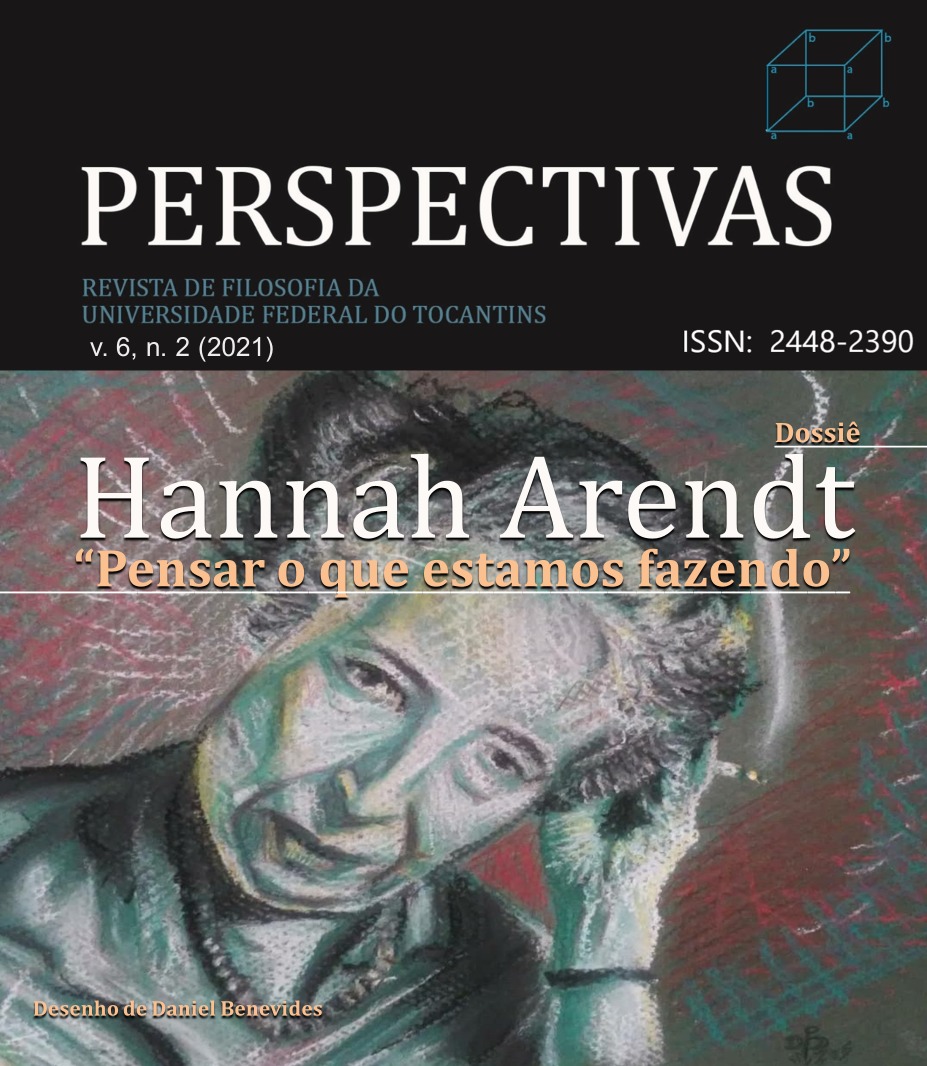Natality and revolution in Hannah Arendt
DOI:
https://doi.org/10.20873/rpv6n2-04Abstract
This essay aims to examine the concept of natality and its connection with the revolutionary phenomenon from the perspective of Hannah Arendt. For this purpose, it uses some of the author’s reference works to understand such category, namely: Origins of Totalitarianism (1951), The Human Condition (1951) and On Revolution (1963). To Arendt, the concept of natality is directly connected to the ability of individuals to initiate new things in the world, that is, to be initiators of an entirely new world. The modern revolutionary phenomenon, in turn, represents a novus ardo saeclorum, a novelty made possible through the joint action of men and the ability to start that is characteristic of those who are newcomers to the world. Therefore, our issue consists in analyzing the centrality of the concept of natality in Arendt’s political thought, as well as, its connection with the modern revolutionary phenomenon.
Downloads
Published
How to Cite
Issue
Section
License
The Magazine is under the Creative Commons Attribution 4.0 International Public License (CC BY 4.0), according to which:
1) The authors retain the copyright and grant the journal the right of first publication, with the work simultaneously licensed under the Creative Commons Attribution which allows the sharing of articles published with the recognition of authorship and initial publication in this journal.
2) Authors are authorized to enter into additional contracts separately for distribution of the version of the work published in this journal, as long as there is recognition of authorship and initial publication in Perspectivas.
3) Authors are authorized and encouraged to disseminate published texts with proper references to the journal and its authors.





















